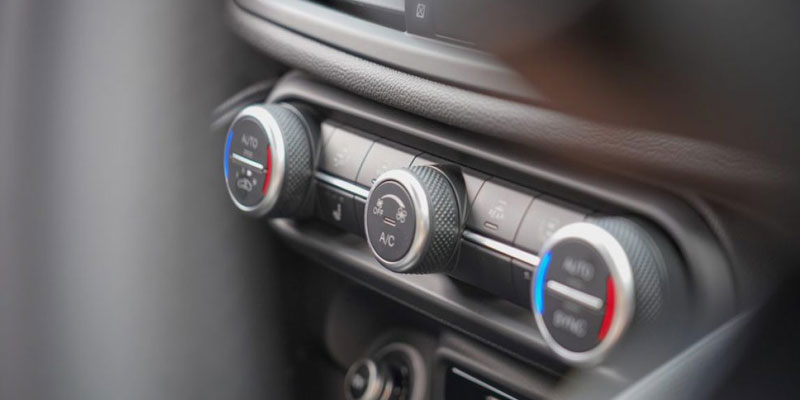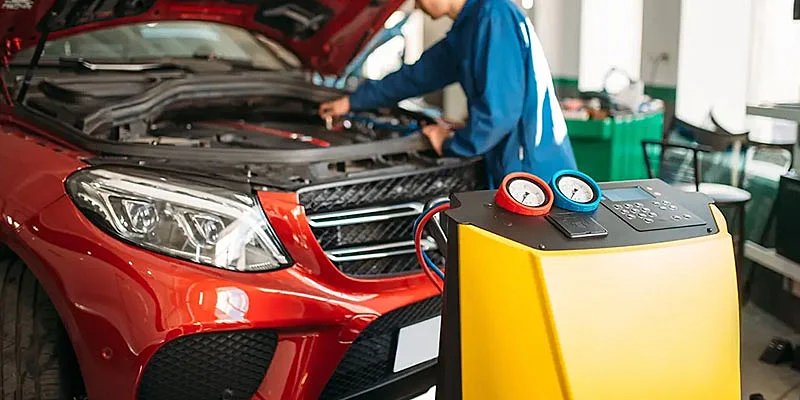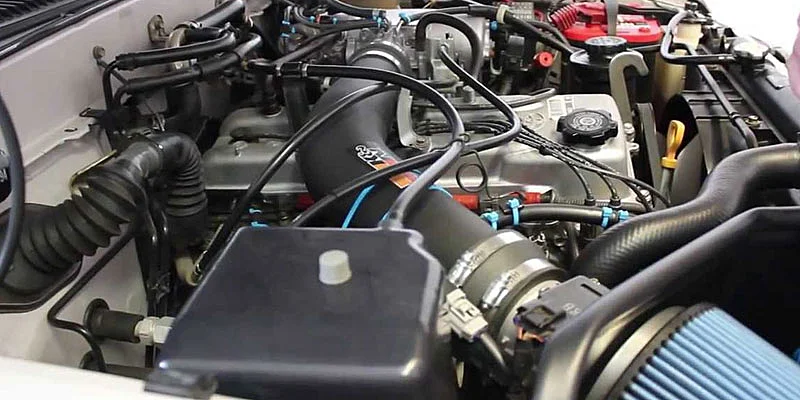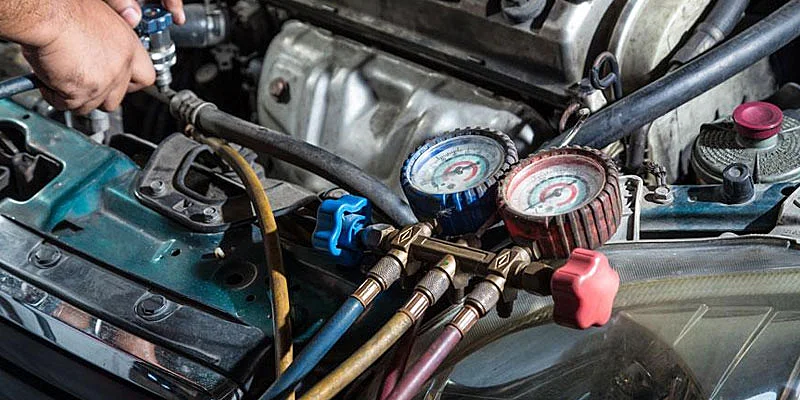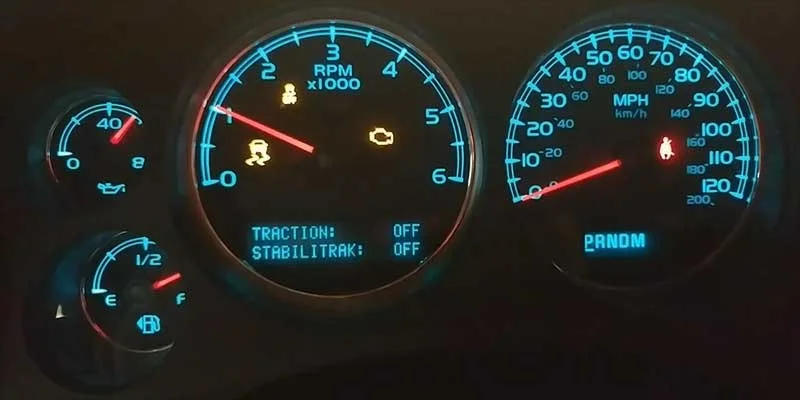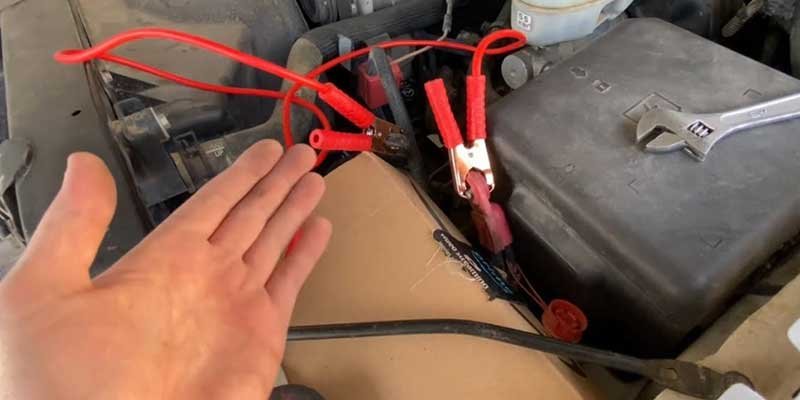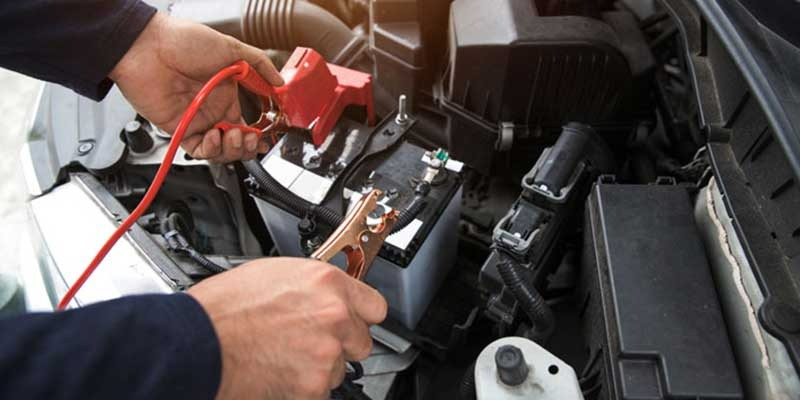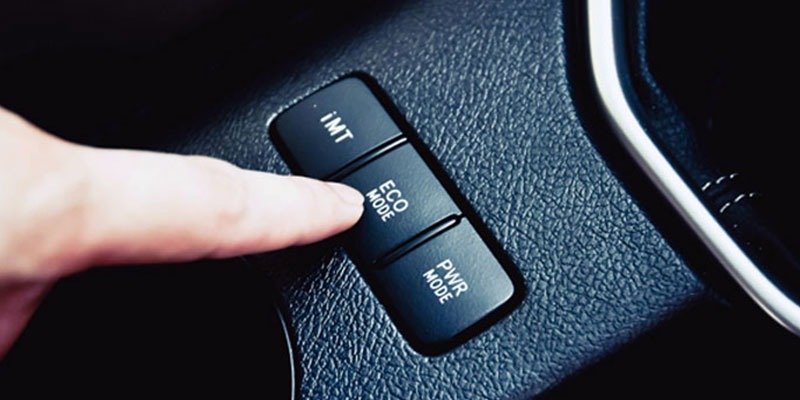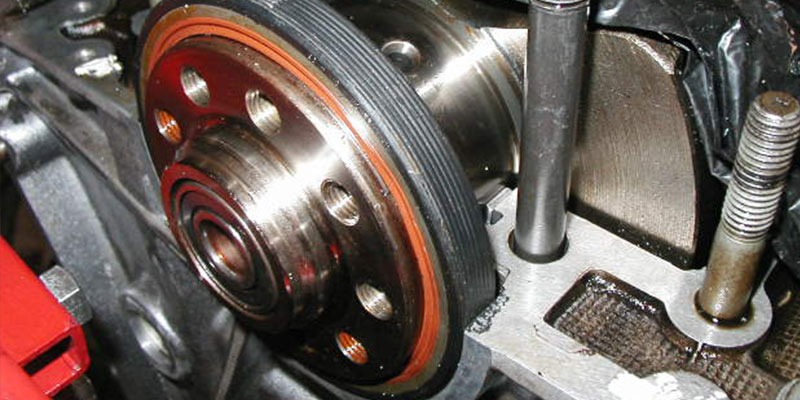To maintain the effective cooling of your car’s air conditioning system, it is crucial to maintain the refrigerant level. While compressor running without Freon comes with its share of troubles, even too much refrigerant can also cause serious harm to the internal components of your car.
This blog post will cover the various reasons and consequences of overcharged AC system in your car.
What happens when AC is overcharged?
Too much refrigerant causes severe problems of inefficient switches between the liquid and gaseous state. The Freon will remain more in a liquid form and adversely affect the cooling of the house.
As it increases the pressure within the air conditioner, the compressor needs to work harder. It leads to higher operating costs and puts the compressor at risk of burning out.
There is also a possibility of liquid freon entering the compressor. Once the refrigerant starts mixing with the oil, it will quickly burn out the compressor. The dead compressor leads to the end of the AC. In this case, you need to replace the whole system.
The Most Common Indicators of an Overcharged AC System are
An appropriate refrigerant charge is essential if you want your air conditioner to work optimally. The threat of overcharged or undercharged systems could be many. Some of the most common indicators of an overcharged system are:
Sticky Indoor Air
The air conditioner pulls humidity out of the air and converts it into liquid water, which is drained from your home. If your AC system is overcharged, it will not remove enough humidity, causing the air inside your home to feel sticky.
Windows that stay Wet
Window condensation is a sign that the AC system isn’t removing enough moisture from the air. If your windows are constantly wet, it could signify that the system is overcharged.
Inefficient Cooling
An overcharged AC system will not be able to cool your home as efficiently as it should. You may notice that your home isn’t getting as cool as it used to, or it may seem like the air conditioner cycles on and off too frequently.
The Cooling Capacity of the AC is reduced
One of the worst things about an overcharged AC system is that it will reduce its cooling capacity, making your home uncomfortable throughout the year. The only solution to this issue would be to replace your entire air conditioning unit with a newer, more efficient model.
Non-functioning of Air Conditioner
If your AC system is overcharged, there’s a good chance that it will stop working altogether. You’ll need to replace the entire system to get your home relaxed and comfortable again if this happens.
Operation cost is higher
The biggest downside of an overcharged AC system is that it will cause your energy bills to skyrocket. You may find that your air conditioner uses more electricity than usual, which can add up to a lot of money over time.
Excessive Heat Conditioning
Air conditioners cool your home by removing heat from the air. If there is an overcharge of Freon in the AC, it will only remove a small amount of heat inside your home. It can lead to excessive heating and create discomfort for you and your family members during summers.
If you notice any of these signs, or if you’re not sure if your system is charged correctly, it’s best to call a professional technician for help. They will be able to inspect your AC system and make the necessary repairs or adjustments to ensure that it’s working correctly.
How would an AC get extra refrigerant?
An amateur can mistake adding too much liquid refrigerant leading to overcharging. Suppose you call an unprofessional or non-professional mechanic to install your AC. In that case, he is likely to make a measurement or understanding mistake on how much refrigerant the AC requires.
Refrigerant is not a fuel that can be ‘topped off.’ An incorrect charge put to your air conditioner after a shoddy leak repair may lead to its overcharging.
What are the issues with excess refrigerant?
Here are the two primary outcomes of excess liquid refrigerant:
Compressor in danger
The extra liquid refrigerant entering into the piston cylinders of the compressor causes slugging. This Slugging leads to several issues like broken connecting rods, broken valves, and even damage to the compressor. It may also fall directly on the crankcase oil leading to raised crankcase pressure. It can lead to complete motor burnout.
Alteration in pressure inside Air Conditioner
The excess pressure of refrigerant makes the air conditioner less efficient. It leads to less cooling. When you notice high bills or lowered cooling power, it indicates that there is some problem with the refrigerant pressure. For overcharged air conditioner, the technician will take out the extra amount. In undercharging, the air conditioner will be filled with sufficient refrigerant.
How do you fix an overcharged air conditioner?
If your Air Conditioner unit is overcharged, you will need to release the pressure from the system’s top. It can be done by removing a bolt on the compressor and then disconnecting all low-side and high-side lines or just releasing your manifold valves. With this line free, allow Freon gas to escape until only liquid remains in the line – then carefully close the valve. Once the pressure has been released, you can recharge your AC system with refrigerant oil if necessary.
If your AC is overcharged, it may be filled with only Freon or may have a mixture of both Freon and oil. If it contains too much oil, you will need to evacuate the unit again and then heat it to release the oil and the Freon. Then you can recharge with a mixture of refrigerant and oil for your AC system.
Can you put too much gas in your Air Conditioner?
Please don’t wait until the gauge reads over 220 lbs before putting more refrigerant into it! The pressure relief valve on the compressor tank should never be used to add refrigerant to the system. If you’re having too much pressure on the compressor, it’s because there is too much refrigerant in the system. You will need to release some pressure before recharging your AC unit with Freon.
If you have a commercial AC unit, you should take it to a professional HVAC service for recharging and maintenance work – do not attempt to recharge the unit yourself!
Conclusion
The Air Conditioning system has some safety features to avoid overcharging. However, suppose there is a significant risk of excess pressure. In that case, it is recommended to call a professional for help after reading the manual carefully and installing the AC equipment correctly at your place. If you want to understand whether or not your air conditioner system requires a refrigerant charge for cooling, you can turn on your A/C system and then leave your hand under the unit’s front grill. If it feels cool, then no extra refrigerant is required.

My Name is Christopher Angels, and I am a postgraduate in mechanical engineering. Cars have always excited me as a child, and soon I decided to dive into the world of cars by pursuing mechanical engineering. I also worked as a Mechanic for over 3 years to understand Cars’ anatomy and how each part contributes to its working.
My Name is Christopher Angels, and I am a postgraduate in mechanical engineering. Cars have always excited me as a child, and soon I decided to dive into the world of cars by pursuing mechanical engineering. I also worked as a Mechanic for over 3 years to understand Cars' anatomy and how each part contributes to its working.

